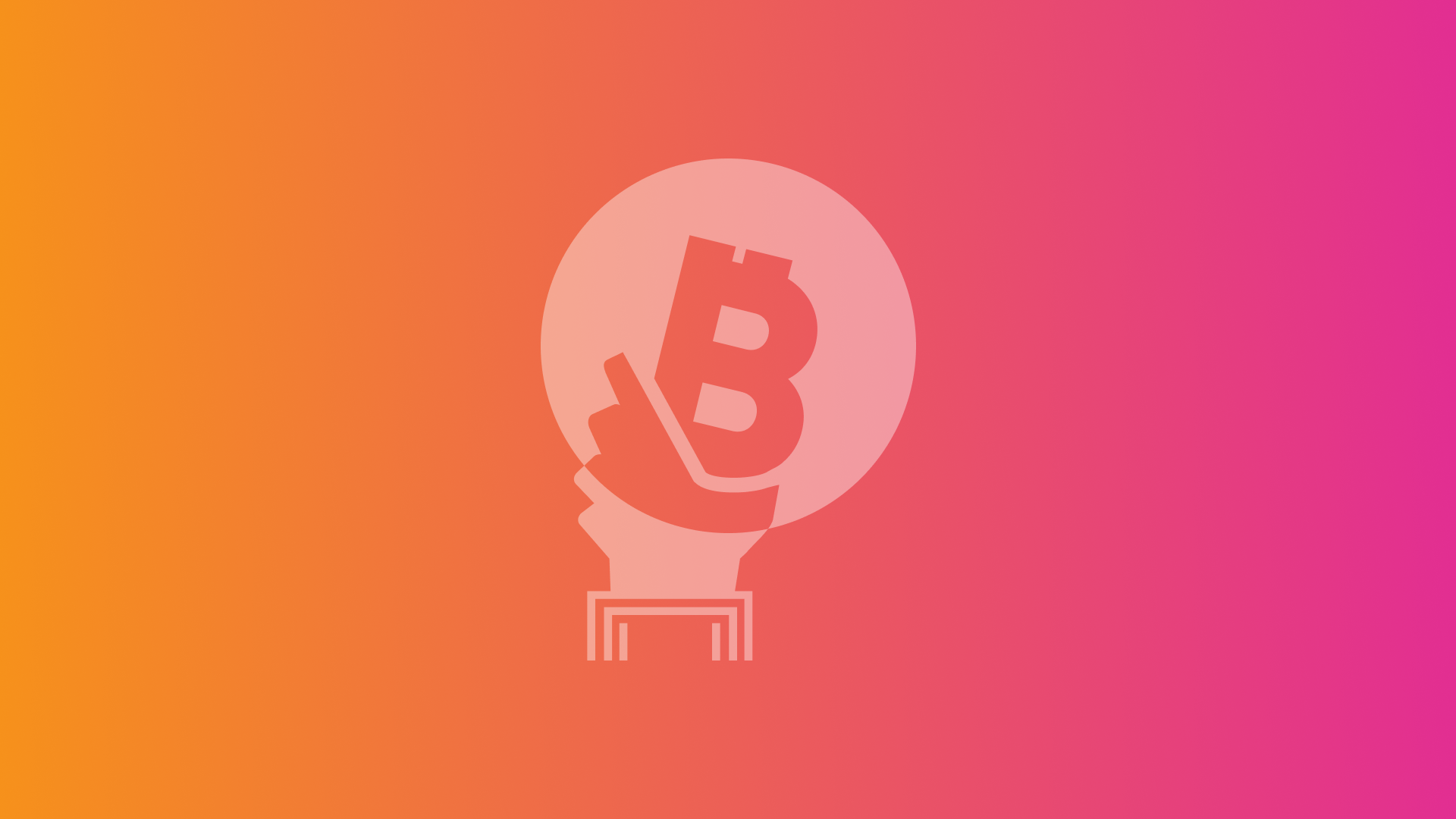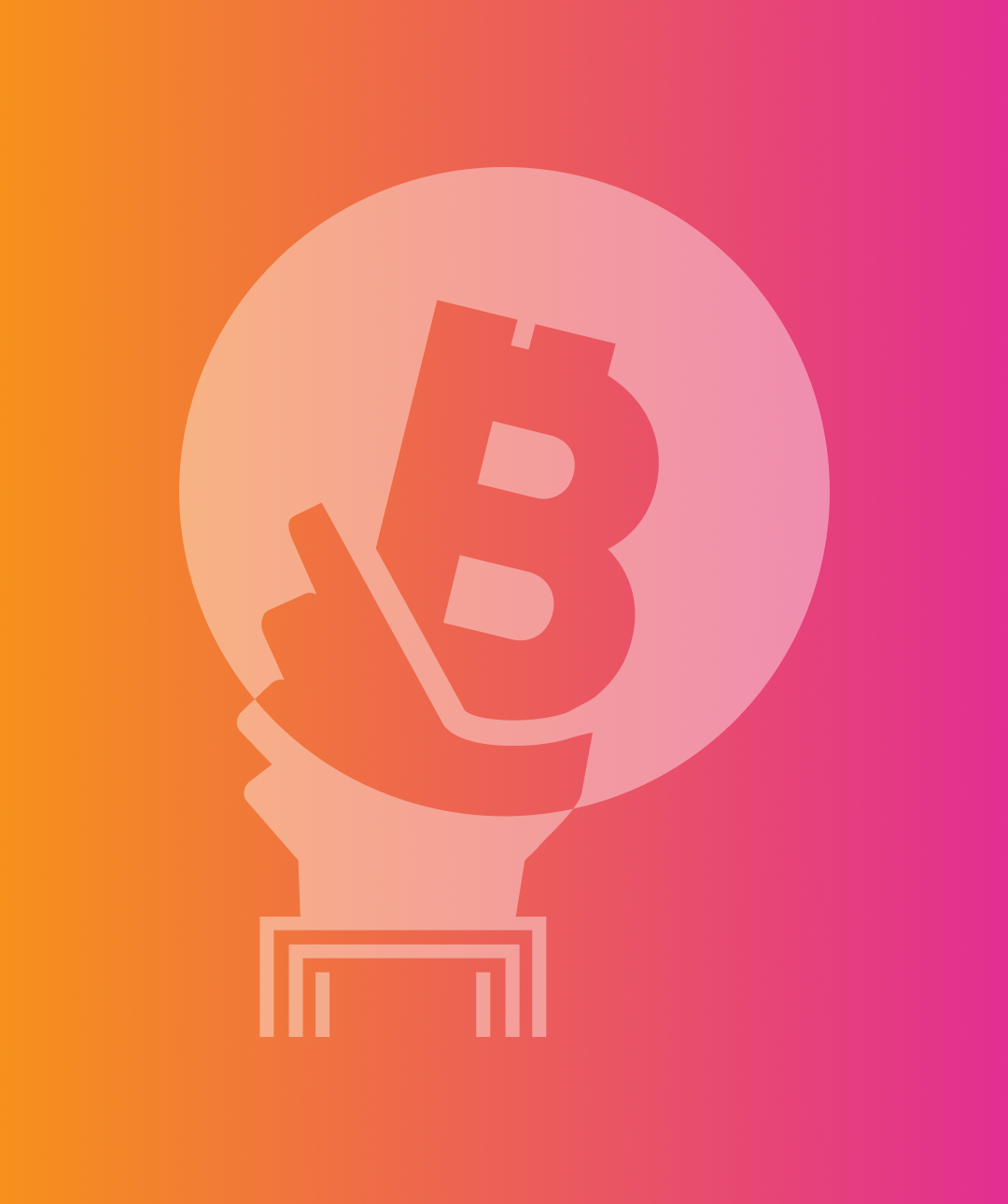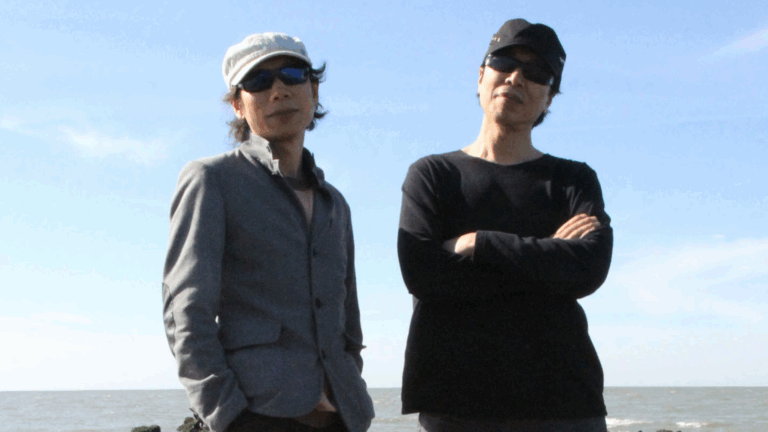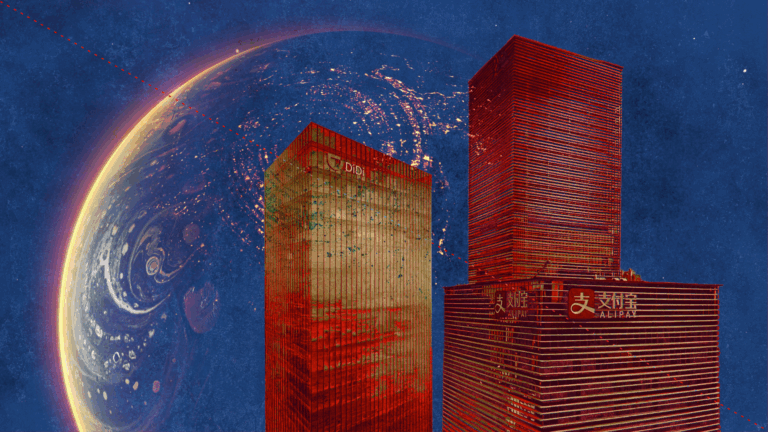As Venezuela grapples with fraudulent presidential elections, economic and financial collapse, widespread repression, and severe human rights abuses under dictator Nicolás Maduro, its brave activists continue searching for uncensorable solutions to combat systemic repression. The following guest piece by Jorge Jraissati, Venezuelan activist and president of the Economic Inclusion Group, explores how decentralized technologies, such as Bitcoin and nostr, offer tools for nonviolent resistance. By bypassing the regime’s financial and communications control, Bitcoin and nostr can provide a lifeline to Venezuelans fighting for a more open, fair, and democratic society. Below, Jraissati’s insights shed light on the intersection of technology and activism in one of the world’s worst humanitarian crises.
For more articles like this, make sure to subscribe to the Financial Freedom Report newsletter here.
The Role of Freedom Tech in Venezuela’s Fight for Freedom
By Jorge Jraissati
“Jorge, I feel like a Jew in Nazi Germany. The security forces of the regime are going house by house to detain human rights activists on the ground.” This was the chilling message I got from a 21-year-old democracy activist from my hometown of Barquisimeto, in the northwest of Venezuela. Over the past few weeks, I’ve been getting many texts like this, as 2,000 activists have been detained in the aftermath of Venezuela’s presidential elections, which were predictably rigged by dictator Nicolás Maduro.
On July 28, millions of Venezuelans voted with the hope of ending 25 years of dictatorship in the country. The majority of Venezuelans voted for Edmundo Gonzáles Urrutia, but the regime-controlled electoral commission declared Maduro the winner, claiming he received 51% of the votes. But the opposition’s verifiable tallies — consistent with international exit polls — have demonstrated that Edmundo Gonzalez actually won with 67% of the votes. This victory would have been even more significant if the opposition had been allowed to campaign freely and if the regime had permitted the more than 8 million Venezuelans living abroad, including myself, to vote. We represent over 25% of the country’s population.
The majority of Venezuelans want change. They have been subjected to severe economic and financial repression for two decades. Since 2001, expropriations have transferred property from ordinary citizens to corrupt bureaucrats. Currency controls since 2003 have blocked Venezuelans’ access to foreign currencies, creating an environment ripe for bribery and corruption. Price caps introduced in 2007 have driven businesses to the brink of bankruptcy by forcing them to sell their goods at a loss. And since 2016, Venezuelans have been experiencing the hyperinflation of their currency, the bolívar. Venezuelans have witnessed the erosion of their savings, time, and labor.
As a result of these financially repressive measures, millions of Venezuelans fell into extreme levels of poverty. Over 80% of Venezuelans live in poverty, more than 50% in extreme poverty, and 8 million people (roughly 25% of the population) fled the country in search of financial freedom. From being a relatively prosperous economy in the 80s and 90s, Venezuela became an extremely poor country and the worst humanitarian crisis in Latin America’s history under Maduro’s (and previously Hugo Chávez’) regime.
It’s this economic and financial collapse, alongside years of human rights violations committed by the Maduro regime, that drives Venezuelans to demand change.
In Need for Uncensorable Financial & Communications Tools
The Venezuelan regime uses centralized systems and technology to repress its people. It cut off banking access of its opposition figures, restricted access to cryptocurrency exchange platforms like Binance (useful for Venezuelans in search of dollars and bitcoin), and blocked access to social media platform X and text messaging platform Signal. Through these efforts, Venezuelans continue to be silenced and kept in the dark, unable to bank themselves, exchange value, communicate, access reliable information, or organize civil society movements.
Activists like myself face challenges when accessing banking services. Maduro blocks the bank accounts of activists within the country, and once we leave, opening bank accounts in new countries becomes difficult due to Know-Your-Customer (KYC) requirements and anti-money laundering regulations. This creates new difficulties for activists to continue their initiatives from abroad, and even their regular life. These regulations inhibit our ability to save, fundraise, and deploy funds effectively, while also making it easier for governments to surveil us.
For this reason, Bitcoin has become a vital freedom technology and money for us. From a political perspective, Bitcoin is the only tool we have to overcome Maduro’s financial surveillance and repression. It allows us to maintain financial privacy and autonomy even in the most severe circumstances. Our money can’t be censored because of our beliefs or political inclinations. From an economic standpoint, Bitcoin offers a lifeline for many Venezuelans as it has enabled them to escape the country’s devaluing currency and the regime’s tendencies to confiscate assets. Bitcoin also facilitates cross-border transactions and allows access to global markets, despite local economic restrictions. In short, it’s been able to bank Venezuelans in need.
Activists from autocratic countries, who often have their bank accounts frozen, are increasingly using Bitcoin to finance their activities (even in exile) and protect themselves from financial repression. But in response to Bitcoin’s growing adoption, the Maduro regime has tried to stifle Bitcoin’s impact by banning Bitcoin mining from the country. In spite of this, Bitcoin continues to be a vital resource for Venezuelans resisting financial repression.
To counter speech repression, I believe we will likely begin to see the growth of global, decentralized, and censorship-resistant social media protocols like nostr. Activists, journalists, and citizens will increasingly use nostr to communicate, share information, and mobilize without interference or restriction from dictators like Maduro.
In my opinion, the key to defeating autocratic regimes lies in citizens’ having universal access to freedom technologies like Bitcoin, Signal, and Nostr. That is why we ought to build a tech-based strategy to combat authoritarianism to protect our freedom of information, communication, and finance. This requires activists to work hand-in-hand with open-source software developers and technologists.
The Human Rights Foundation has been at the forefront of these efforts. For years, it has been teaching activists all over the world how to use Bitcoin. It has also been uniting developers with activists so that they can learn from each other. This collaboration will foster the creation of new freedom tech solutions to protect our ability to access money and communications so that we can have all the tools necessary to fight for our democracy.
My call to action is for people to join Venezuela’s fight for democracy. Let’s work together for a freer future in Venezuela, where decentralized technologies are at the forefront of our struggle for democracy. If you are a developer, give us the tools to fight against financial and speech censorship and isolation. If you are a lawyer, we need your expertise and advice. If you are a journalist or think tank leader, give us a platform to raise our voices. If you are a policymaker, help us design policies to protect freedom tech solutions. These solutions can help Venezuelans reclaim their democracy under the inhumane dictatorship of Maduro. They can also help avoid future crises like Venezuela’s, where a once-healthy democracy turned into the most brutal authoritarian regime.
Jorge Jraissati is the president of the Economic Inclusion Group, an expert on the intersection of foreign policy with economics and finance, and an influential voice in his home country, Venezuela. If you want to contact Jorge and join his cause for freedom, you can reach him in X at @JraissatiJorge and by email at [email protected]
Help HRF support the courageous, nonviolent dissidents opposing the dictatorship in Venezuela by donating to the Venezuela Solidarity Fund.







